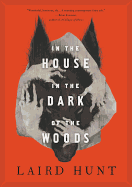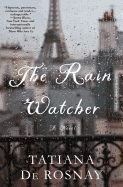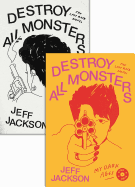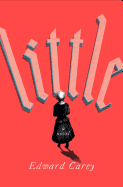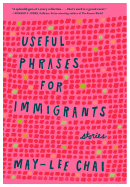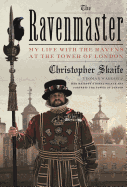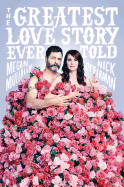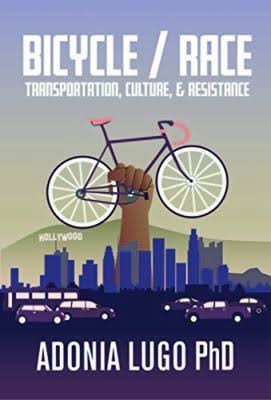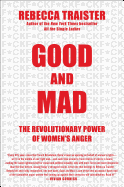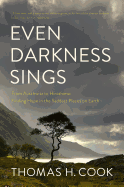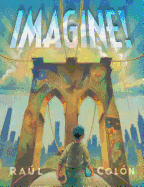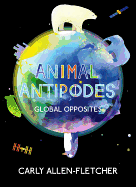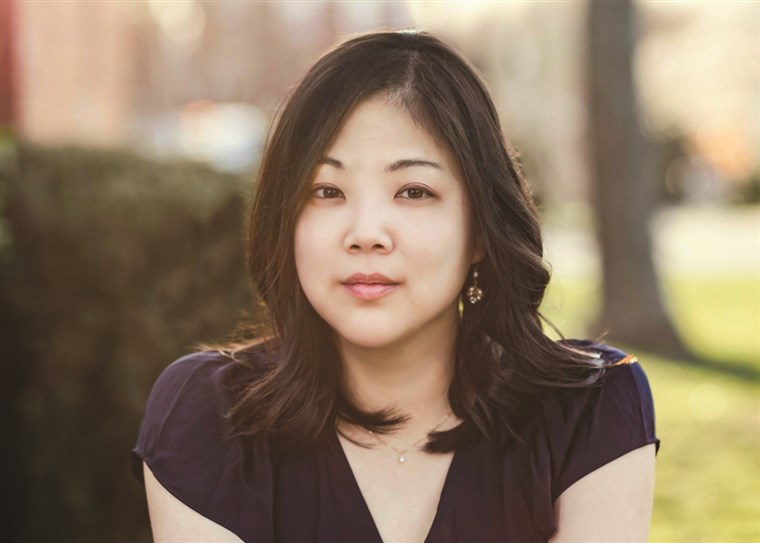 |
| photo: Erica B. Tappis |
Nicole Chung's debut memoir is All You Can Ever Know
(Catapult). Her essays and articles have appeared in the New York Times
, GQ
, Longreads
, BuzzFeed
, Vulture
and Hazlitt
, among others. She is the editor-in-chief of Catapult magazine and the former managing editor of The Toast
. Find her on Twitter @nicole_soojung.
On your nightstand now:
Vanessa Hua's A River of Stars and Crystal Hana Kim's If You Leave Me. Oh, and I just started genius Liana Finck's graphic memoir, Passing for Human. For weeks I've been working my way through the Emily Wilson translation of The Odyssey, bit by bit, just trying to savor it. (It was my birthday present to myself.)
Favorite book when you were a child:
Probably E.B. White's The Trumpet of the Swan. I don't know that any scene in literature has made me happier than the one in which Louis the Swan stays at the Ritz.
Your top five authors:
Oh my god, this is so hard. QUICKLY, off the top of my head, without giving myself any room for the agony of indecision and second-guessing: Octavia Butler! Dorothy L. Sayers! Jesmyn Ward! Celeste Ng! E.B. White! Is that five? I hope I never have to answer this again!
Book you've faked reading:
Started but did not finish The Master and Margarita; many apologies to my professor. That was 15 years ago, and I still feel a pang of guilt whenever anyone talks about Bulgakov being a genius; I just nod and murmur, "Yeah, Master and Margarita" in what I hope is a sufficiently reverent tone, and pray no one follows up with any questions.
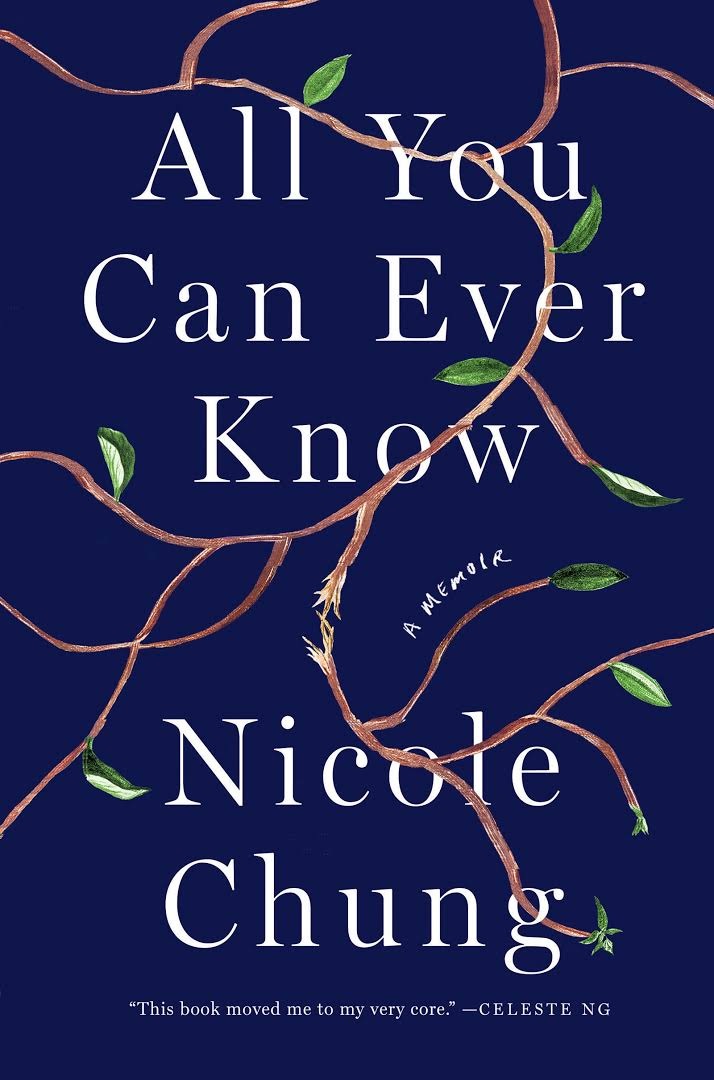 Book you're an evangelist for:
Book you're an evangelist for:
I've told many, many people they should read Gaudy Night by Dorothy Sayers. And Min Jin Lee's Pachinko is That Book I Seem to Be Buying for a Whole Lot of People (if we're related and I give it to you as a gift, please act surprised).
Book you've bought for the cover:
Years ago, I bought the gorgeous red Penguin Drop Caps edition of Pride and Prejudice, even though I already owned three other editions of Pride and Prejudice.
Book you hid from your parents:
They for sure knew that I read everything I could, and never made me feel like I had to hide or be embarrassed about any of it. I did try--unsuccessfully--to hide my own writing from them. (They eventually found and read it all.)
Book that changed your life:
Not trying to dodge this question, but I truly believe every book you read and love changes your life somehow. It might start by changing how you experience the world as you read it--you're thinking about it when you're not reading it, you're talking about it with friends, you're reconsidering other stories you've read because of it--and then by the end it'll give you some narrative, or some bit of knowledge, or some question you will incorporate into your life going forward. So many books teach you, stay with you and in staying they change you.
Of the books I've read and loved over the past few years, Celeste Ng's Little Fires Everywhere probably affected me most deeply, because I never thought I would see a lifetime's worth of my own questions about adoption explored so masterfully and gorgeously in fiction. It felt strange and affirming in ways I didn't expect, and it also made me so emotional that I have only read it twice, even though I adore it! I am preparing myself, emotionally, for that third read.
Favorite line from a book:
This is also impossible to answer, but a favorite line would have to be the old standby, "Speaking of ways, by the way, there is such a thing as a tesseract," from A Wrinkle in Time, which is probably the line I'd get tattooed somewhere if the sight of blood (mine; anyone's) did not make my knees go all funny. Every time I read or think of it, it reminds me to think less about limits and what I think I lack, and more in terms of the possible. And it reminds me to lean into my stubbornness and righteous anger. Stay angry, little Meg!
Book you most want to read again for the first time:
The Lord of the Rings, if I could read it with my dad. It was his favorite book. Now that he's gone, I wish we'd read it together my first time through.
 Michael Arceneaux (I Can't Date Jesus, Atria, $17)
Michael Arceneaux (I Can't Date Jesus, Atria, $17)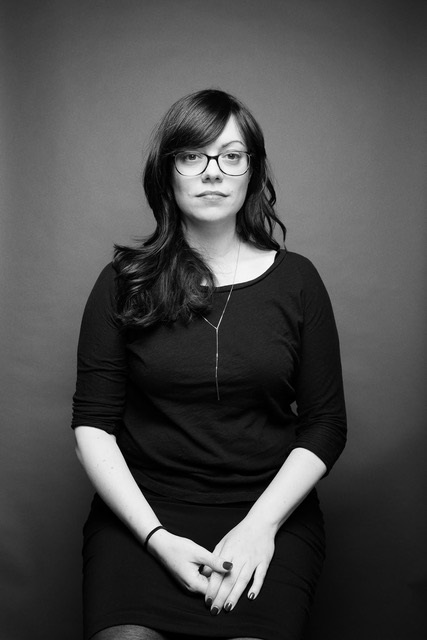 Michelle Dean (Sharp: The Women Who Made an Art of Having an Opinion, Grove, $17)
Michelle Dean (Sharp: The Women Who Made an Art of Having an Opinion, Grove, $17)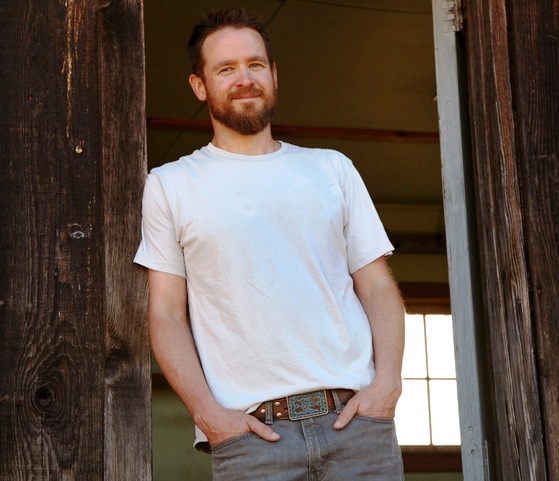 John Larison (Whiskey When We're Dry, Viking, $26):
John Larison (Whiskey When We're Dry, Viking, $26):  Katharine Weber (Still Life with Monkey, Paul Dry Books, $16.95)
Katharine Weber (Still Life with Monkey, Paul Dry Books, $16.95)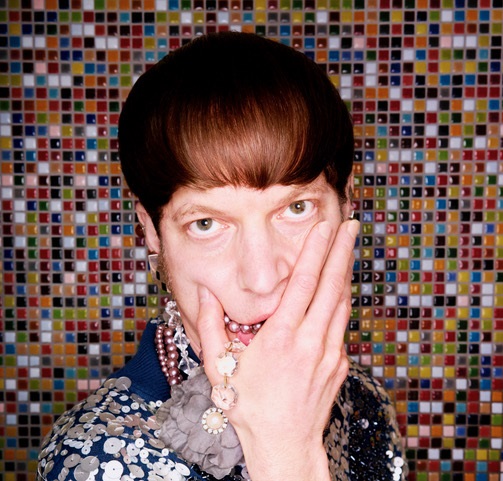 Mattilda Bernstein Sycamore (Sketchtasy, Arsenal Pulp, $17.95)
Mattilda Bernstein Sycamore (Sketchtasy, Arsenal Pulp, $17.95)



 Book you're an evangelist for:
Book you're an evangelist for:
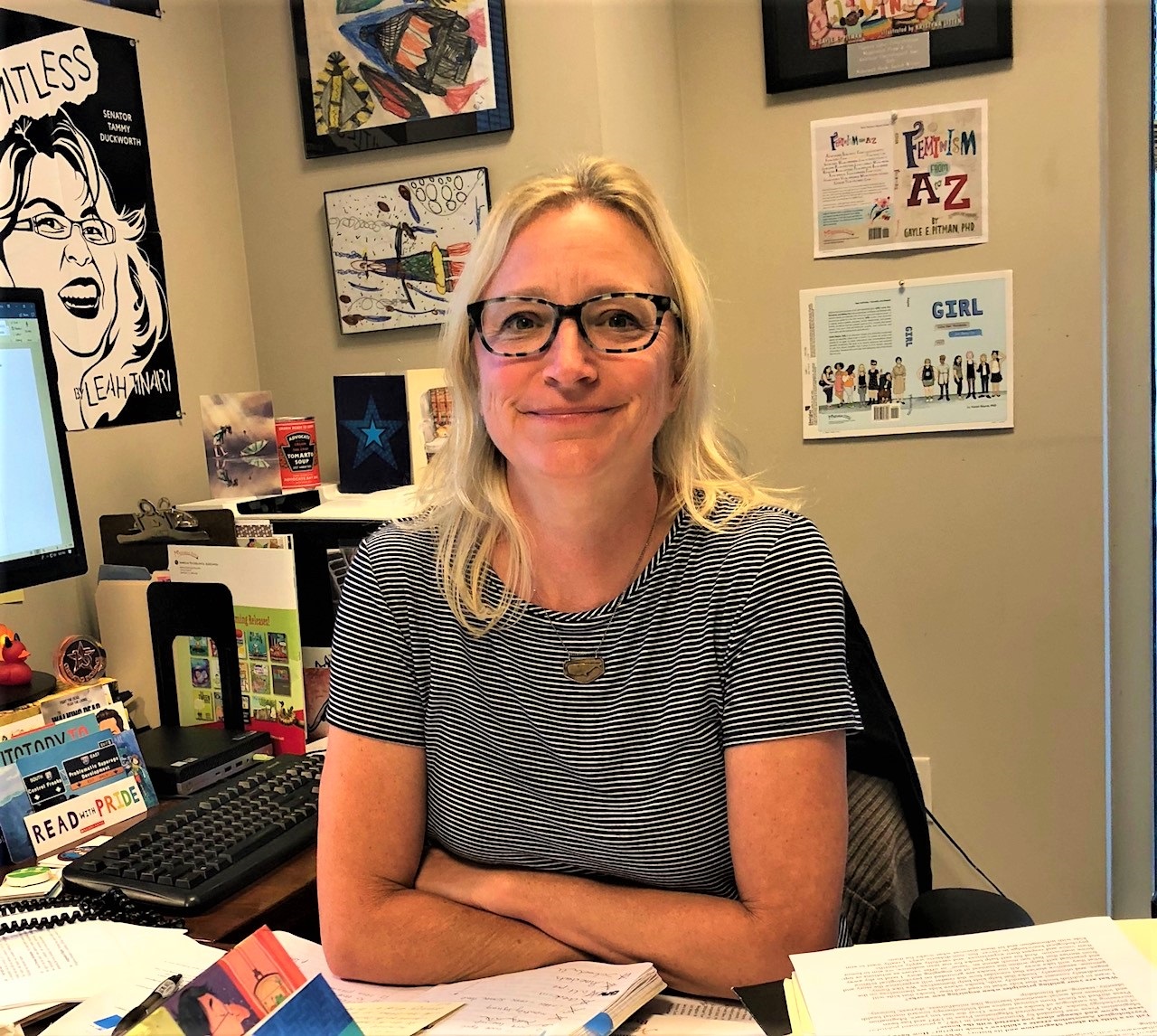

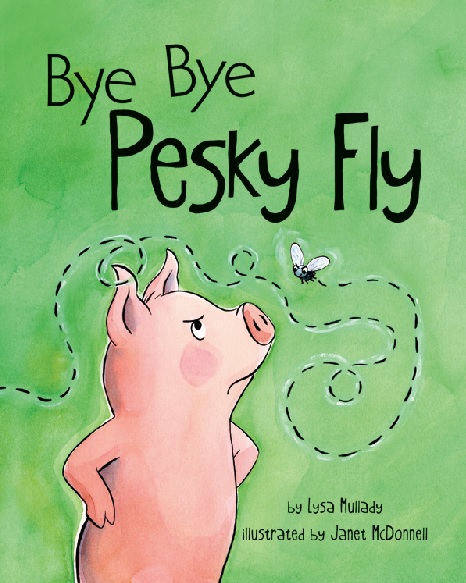 How do you find and acquire quality titles?
How do you find and acquire quality titles? 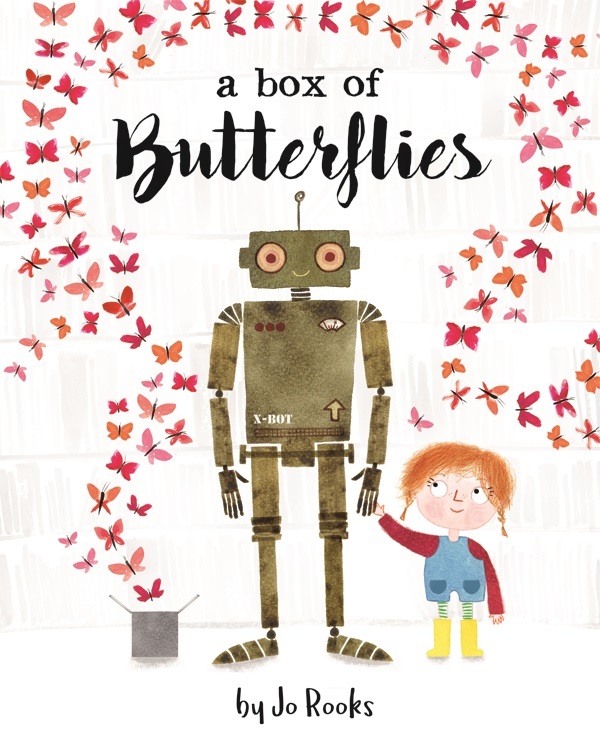 A Box of Butterflies by Jo Rooks (9781433828713; $16.95) is a charming introduction to social emotional learning for kids as a girl teaches a robot what love is.
A Box of Butterflies by Jo Rooks (9781433828713; $16.95) is a charming introduction to social emotional learning for kids as a girl teaches a robot what love is.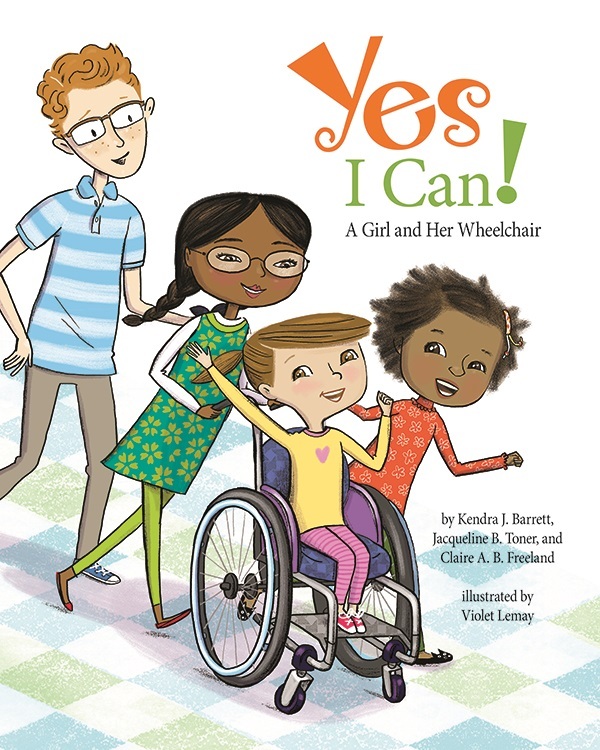 Yes I Can! A Girl and Her Wheelchair by Kendra J. Barrett, Jacqueline B. Toner, and Claire A.B. Freeland, illustrated by Violet LeMay ($16.99, 9781422828690). Through a day in the life of a girl in a wheelchair, this story encourages kids to foster an attitude of kindness towards others.
Yes I Can! A Girl and Her Wheelchair by Kendra J. Barrett, Jacqueline B. Toner, and Claire A.B. Freeland, illustrated by Violet LeMay ($16.99, 9781422828690). Through a day in the life of a girl in a wheelchair, this story encourages kids to foster an attitude of kindness towards others.